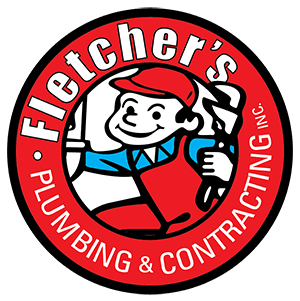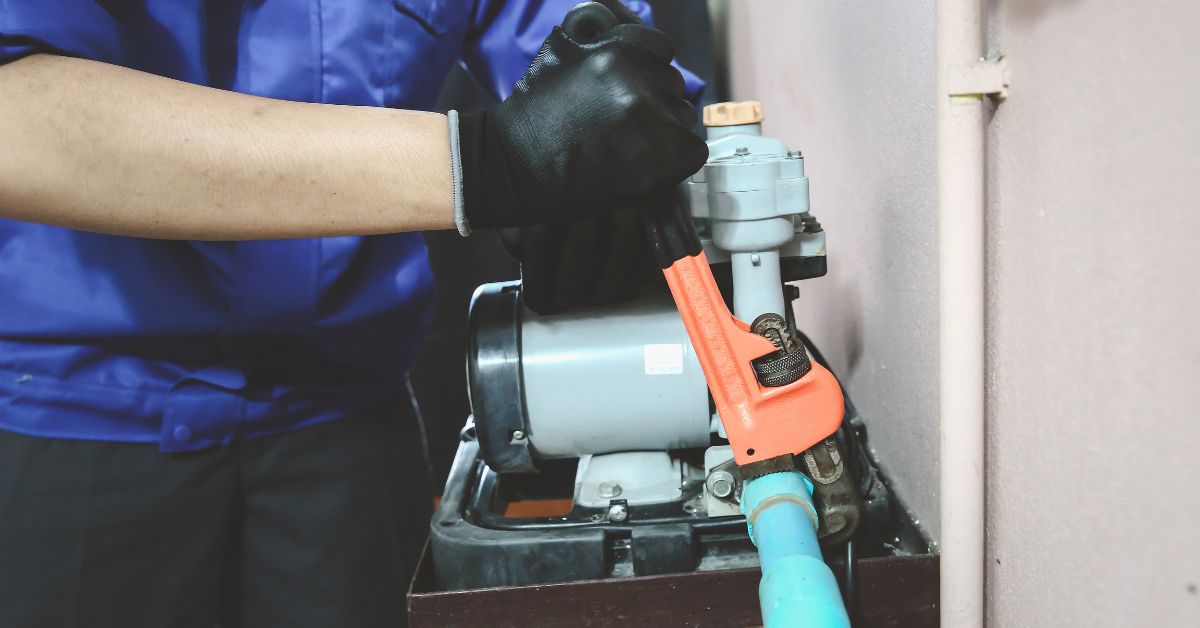5 Causes for Low Water Pressure in Homes
If you’re trying to enjoy a relaxing shower or rinse the dishes efficiently, low water pressure is the ultimate annoyance. Though it’s one of the most common issues for homeowners in California, identifying the root cause can feel tricky. Discover five causes of low water pressure in homes and learn what you can do to fix them.
Clogged Pipes or Fixtures
Over time, mineral buildup and debris can clog your pipes or fixtures like faucets and showerheads. This buildup restricts water flow, leading to a frustrating dribble instead of a steady stream.
To remedy clogged pipes or other plumbing fixtures, remove and clean showerheads or faucet aerators. In the case of significant clogs, contact Fletcher’s Plumbing & Contracting to get in touch with our professional Yuba City plumbers.
Leaking Pipes
Leaks in your plumbing system can cause water to escape, lowering pressure throughout your home. Signs you may have a leak include damp walls, flooring, or unexpectedly high water bills.
If you suspect a leak, inspect visible pipes or contact a plumber to locate and repair hidden leaks quickly.
Problems With the Water Supply
Sometimes, the issue isn’t inside your home—external water supply problems from your municipal provider can also affect pressure.
To report the issue or check if nearby construction may be limiting your water flow, contact your local water company.
Old or Corroded Pipes
Do you have an older home with older plumbing? There’s a good chance your pipes may be corroded or rusting. This narrows the space where water passes through, resulting in low water pressure.
For this situation, you may want to consider upgrading your plumbing system to modern materials like copper or PEX.
Faulty Pressure Regulator
If your pressure regulator malfunctions, this can disrupt the water flow to your home, causing either low or excessive water pressure. For issues with your pressure regulator, make sure to test it with a pressure gauge or hire a plumber to replace it if necessary.
Living with low water pressure is inconvenient, but understanding the five causes of low water pressure in homes is the first step toward fixing the issue. When you notice an issue, start by inspecting easy-to-access areas like faucets or showerheads. For more complicated issues like corroded pipes or leaks, don’t hesitate to call in an expert from Fletcher’s Plumbing & Contracting. Once you address the root cause, you’ll be back to enjoying proper water pressure in no time!

